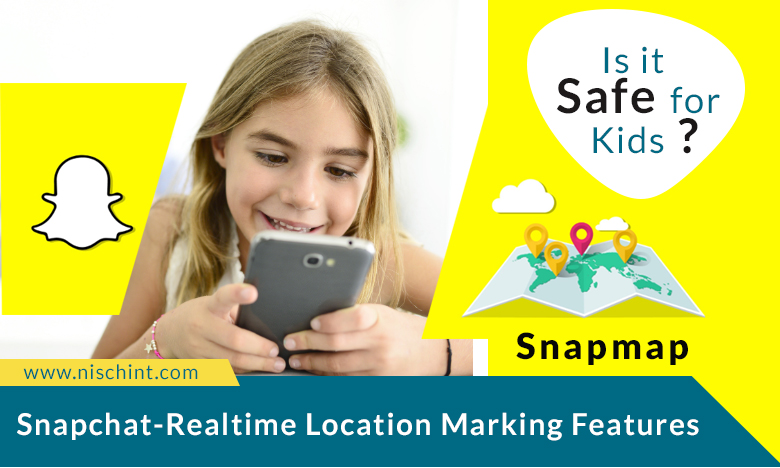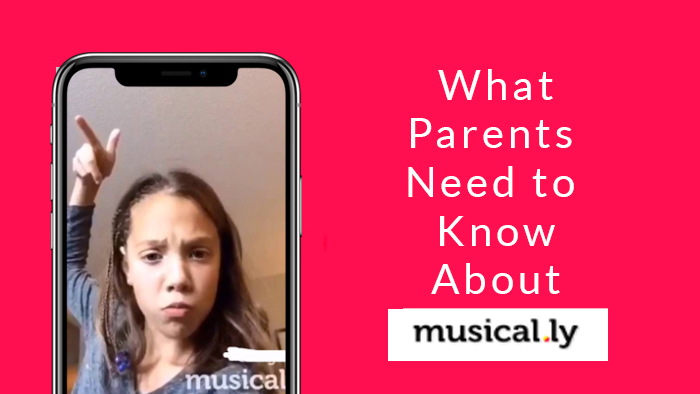Making smart cyber choices today is very important.
As children are online now more than ever, it’s important to realize that your child’s digital image is their future. Your child’s online reputation determines what college they get into and where they’ll work in the future. Today, 98% of employers run an Internet search on applicants and if they find a negative online presence, 77% of those employers will not invite the applicant in for an interview.
College recruiters also follow nearly the same statistics. They will put your child’s name through an Internet wash-cycle, and how it spins out will determine if your child secures a spot at a college of their choice. We have to remember that every keystroke and photo posted in cyberspace is public and permanent – we can’t undo it.
Becoming a Cyber-Smart Citizen
Digital citizenship restarts everyday as you power-up your smartphone or connected device. To help your teen better navigate the rough road of social media, here are some of the golden rules to be cyber-smart citizens:
- Over-sharing is a common mistake that many people of all ages make on social media. Be selective and smart about what you share.
- Prior to posting a comment, photo or video – you need to consider the following: Is what you’re posting helpful, kind or necessary? Or is it something you may regret later?
- Check your privacy settings on all social media sites. Make this a weekly habit.
- Who is in the comments/photos/videos? If you are posting a picture of other people, did you get their permission?
- Tag and share with care. Treat others as you want to be treated online.
- Social media is not a scrapbook. Don’t use it as a diary.
Befriending and Unfriending Guidelines
In addition to these golden rules, it’s important for teens to evaluate who they are connecting with online. You are judged by who you hang with, online and offline. Here are some rules when it comes to “making friend” and “unfriend” online:
- If you have a friend that is posting questionable comments or pictures on your social media sites, unfriend them.
- Just because someone is friends of friends of someone you know, it doesn’t mean you have to be friends with them virtually. Cyber criminals can use this tactic to steal your identity.
- Keep this in mind: quality beats quantity on social media.
Cyberbullying and Online Harassment
There are lines that should never be crossed on social media. Empower your teen to know how to report digital abuse. Here’s how:
- Do teach them where how to report abuse on each social media platform.
- Ask them to tell a parent or an adult if they are a victim of online abuse.
- Ask them not to engage with a cyberbully.
- Ask them not to stay in chat rooms or on websites that make you feel uncomfortable.
Your child’s digital activity is the path to their future. It is your job as parents to help them protect and maintain their good name. One of the most important things about social media that teens should never forget is that social media is not a diary, scrapbook or venting machine.If you are having a bad day, stay off of technology.
In addition to securing your teen’s online reputation by encouraging positive, smart actions, you can also inform your teen of the cyber security issues at stake. They can secure their identity by never giving out their account password or location to anyone. Only parents should have passwords. You can use parental control app such as Nischint to monitor your kid’s digital activities. Make your child’s online presence more secure with Nischint, Monitor, manage and protect their digital activities.
Nischint is a parental control solution whose prime focus is to create a safe digital environment for children today. We help children learn how to use their devices responsibly and also provide parents with the ability to monitor their child’s lives online. With Nischint parents can schedule app and device usage, so that children can focus while they are at school/studying/playing and they get to experience the best of both worlds.











[…] Child psychology experts don’t have anything against smartphones. In fact, they say these devices can be useful learning tools and can help parents stay in touch with their children. As kids approach middle school, most parents should feel comfortable giving Junior a device of his own, provided he demonstrates the necessary emotional maturity. However, parents should sit down with their kids and teach them how to responsibly use their devices. Parents should discuss the dangers of sexting and send photos of themselves, as well as how to act as good digital citizens. […]